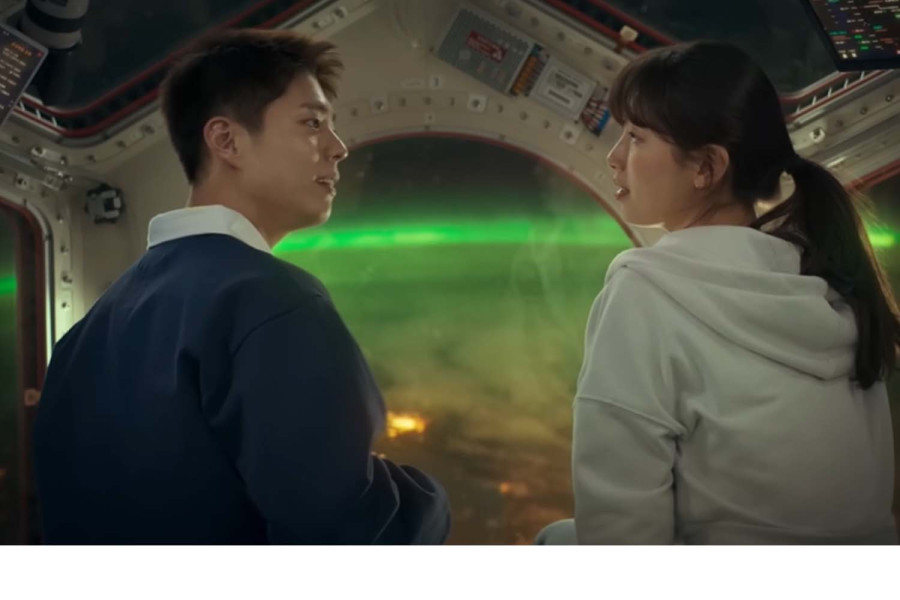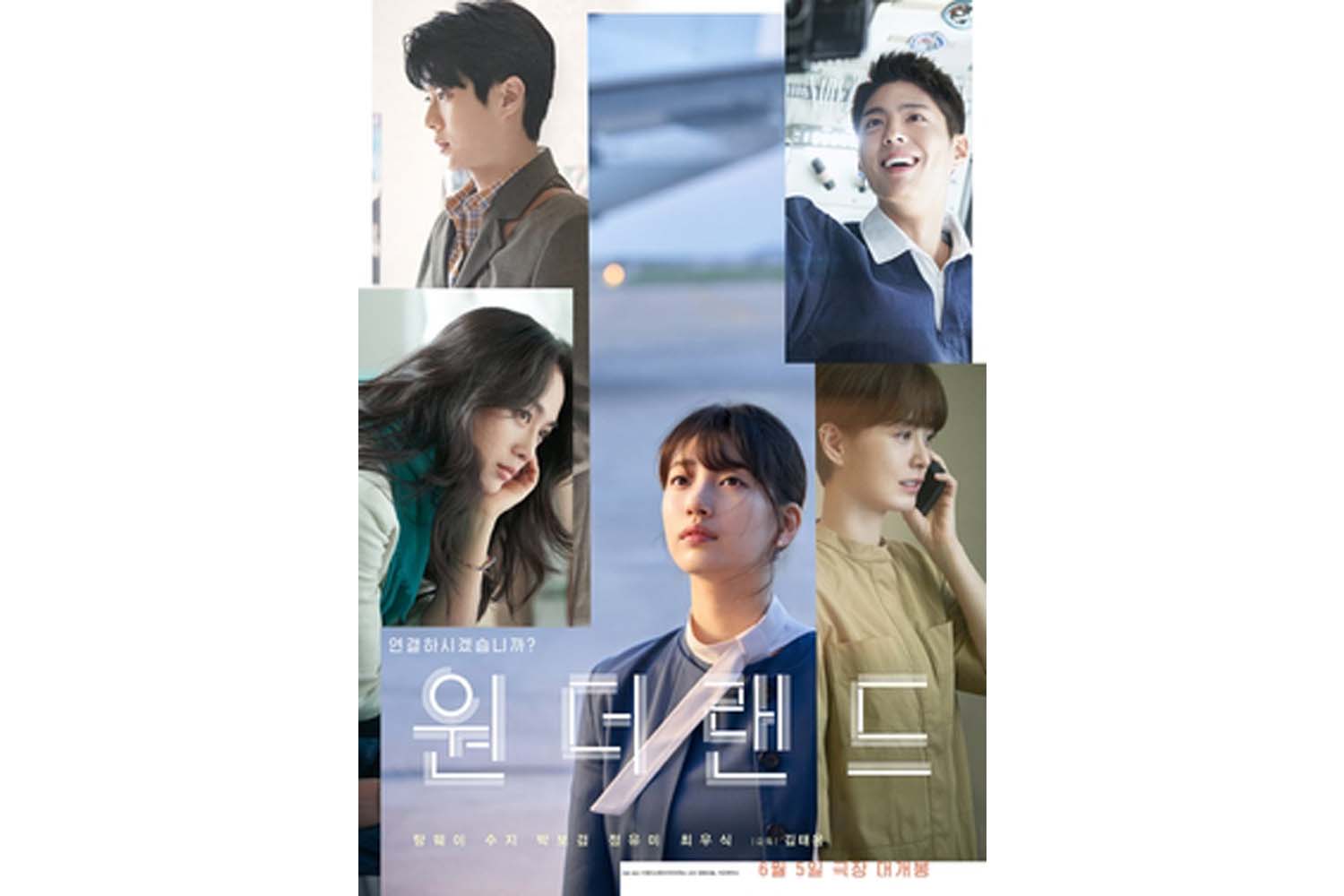Movies
A technological dreamscape
‘Wonderland’ is a visually stunning film that explores grief through a near-future simulation service allowing people to reconnect with lost loved ones.
Sanskriti Pokharel
Some films ask us to escape reality, and others ask us to confront it. Kim Tae-yong’s ‘Wonderland’ does both. It is set in a near future where artificial intelligence can simulate the voices and personalities of departed or unconscious loved ones. By doing so, ‘Wonderland’ presents a bold concept: if you could talk to someone you’ve lost, would you?
After nearly a decade since his last feature, Kim Tae-yong returns with a high-concept, emotionally rich ensemble film that juggles themes of grief, memory, ethics, and digital intimacy. The movie is visually ambitious and emotionally loaded. Its strength lies in intimately handling human vulnerability in the face of technological power.
‘Wonderland’ centres around a futuristic digital platform of the same name. It is a simulation service that connects people with artificially recreated versions of loved ones. These AI-generated figures are constructed using archived messages, videos, voice recordings, and other data, resulting in lifelike digital replicas. The catch? They’re not ‘real,’ but the feelings they stir certainly are.
The film follows multiple storylines, the most prominent of which is that of Jeong-in (Bae Suzy), a young woman whose boyfriend Tae-Joo (Park Bo-gum) lies in a coma following a tragic accident. Unable to deal with his physical absence, Jeong-in continues communicating with a simulated version of him through Wonderland.
In parallel, we meet a woman (Tang Wei) who reconnects with her deceased husband through the simulation, and a young girl (played by Choi Woo-shik in flashbacks) who uses Wonderland to bridge the emotional void left by her estranged parent. The stories are loosely interlinked, and each reveals a different facet of the film’s central question: what does it mean to say goodbye, and is it ever truly possible?
The performances in ‘Wonderland’ are the film’s emotional backbone. Suzy, in particular, offers a devastating portrayal of a woman suspended between hope and denial. Her eyes carry the weight of someone who knows what’s real but chooses fantasy anyway. Her scenes with Park Bo-Gum are tender and sometimes chilling, especially when the lines blur between digital simulation and emotional reality.

Park Bo-Gum delivers a subtly nuanced dual performance. His real-world persona and his AI-simulated self are separated by the subtlest of gestures: a mechanical smile, an almost-too-perfect tone. It’s a brilliant portrayal of artificial warmth and real love standing shoulder to shoulder.
At its core, ‘Wonderland’ is about people who cannot let go. It probes that uncomfortable space where longing meets technology, and it does so with empathy rather than judgment. In a world increasingly dominated by AI and digital personas, the film asks: are we using technology to connect, or to avoid?
The use of AI here isn’t framed as villainous or dystopian. The film shows how we cling to voices, images, and messages long after someone is gone. Wonderland, the service, becomes less a sci-fi fantasy and more a metaphor for how humans already use memory as a coping mechanism.
The director doesn’t offer easy answers. Should these digital simulations exist? Are they healing tools or emotional traps? He seems more interested in the ‘why’ than the ‘should’, and that open-endedness is one of the film’s strengths.
The cinematographer’s work is masterful. The ‘real’ world is cast in colder, muted tones such as greys, sterile whites, and overcast skies, while Wonderland’s environments are drenched in warmth, filtered light, and slow camera movement. The contrast is striking, and it reflects the emotional disparity between what’s real and what’s ideal.
Some of the most beautiful sequences occur in these artificial landscapes: a couple walking through a mirrored desert, a room filled with floating birthday balloons, a quiet dinner on a boat in a nonexistent sea. These visuals are crafted with dreamy precision, evoking not just surreal beauty but the comfort of fantasy.
The nonlinear narrative, while potentially disorienting to some viewers, reflects the disarray of grief. However, this approach sometimes leads to pacing issues. Certain storylines are underdeveloped, and a few emotional beats feel unearned due to a lack of buildup.
Moreover, the film’s attempt to juggle multiple subplots means that some characters’ arcs feel rushed or emotionally thin compared to the central Tae Joo–Jeong-in narrative. It stumbles in structure, occasionally overindulges in melodrama, and avoids confronting some of its more pressing ethical questions.
Ultimately, ‘Wonderland’ is about the longing to hold onto love, even when it’s gone.
Wonderland
Director: Kim Tae-yong
Actor: Bae Suzy, Park Bo Gum
Duration: 1 hour 55 minutes
Year: 2024
Language: Korean, Mandarin




 9.6°C Kathmandu
9.6°C Kathmandu












